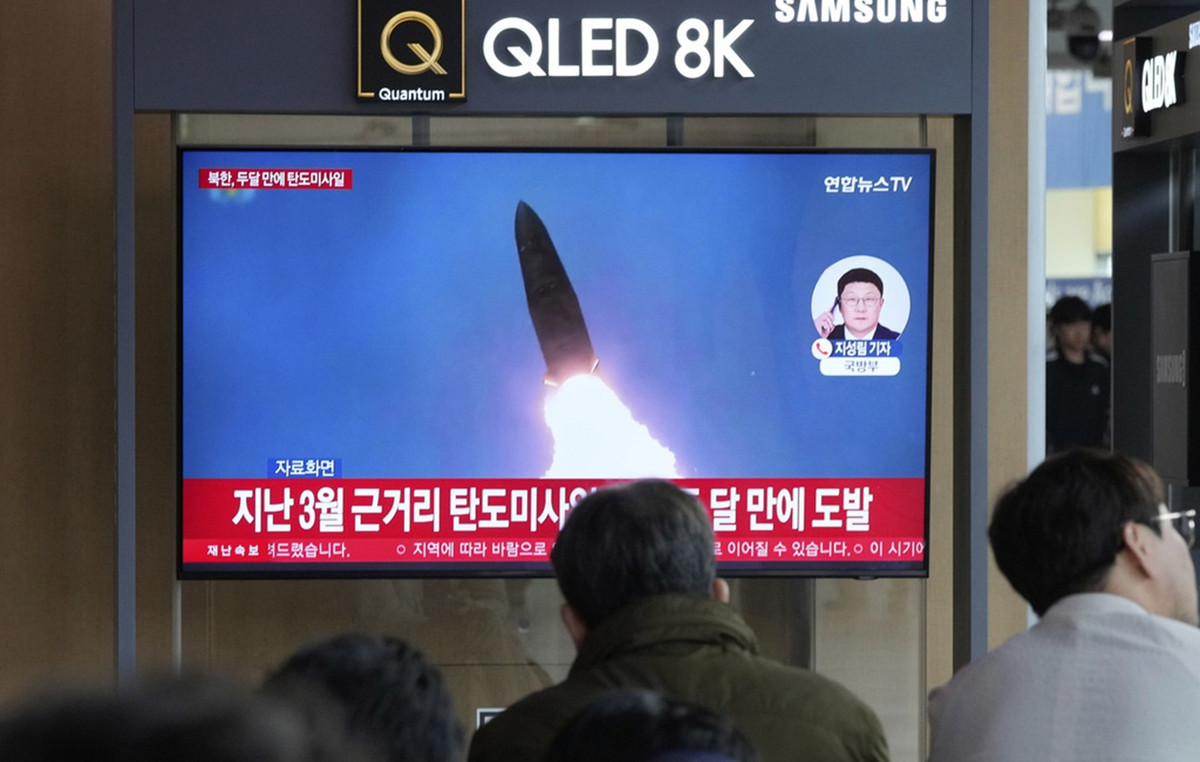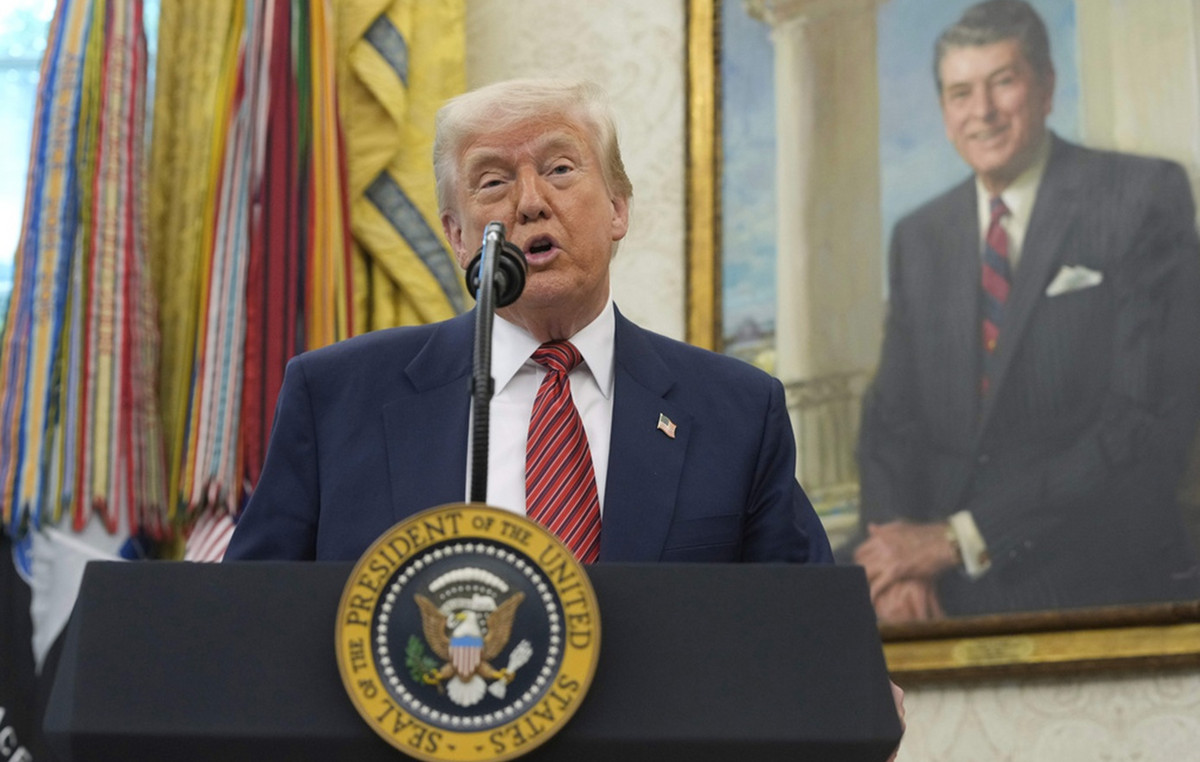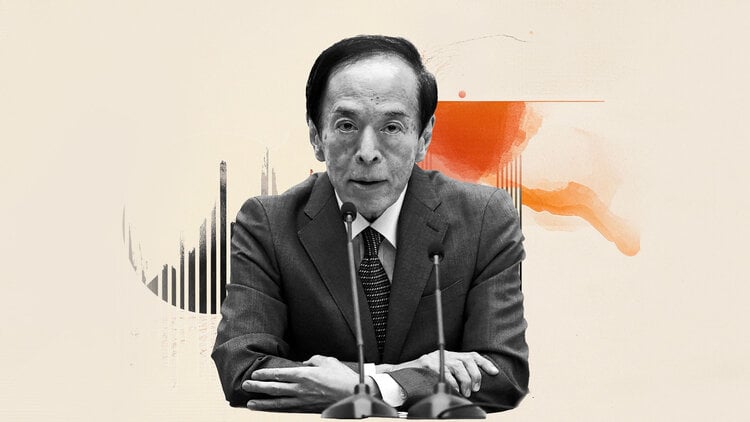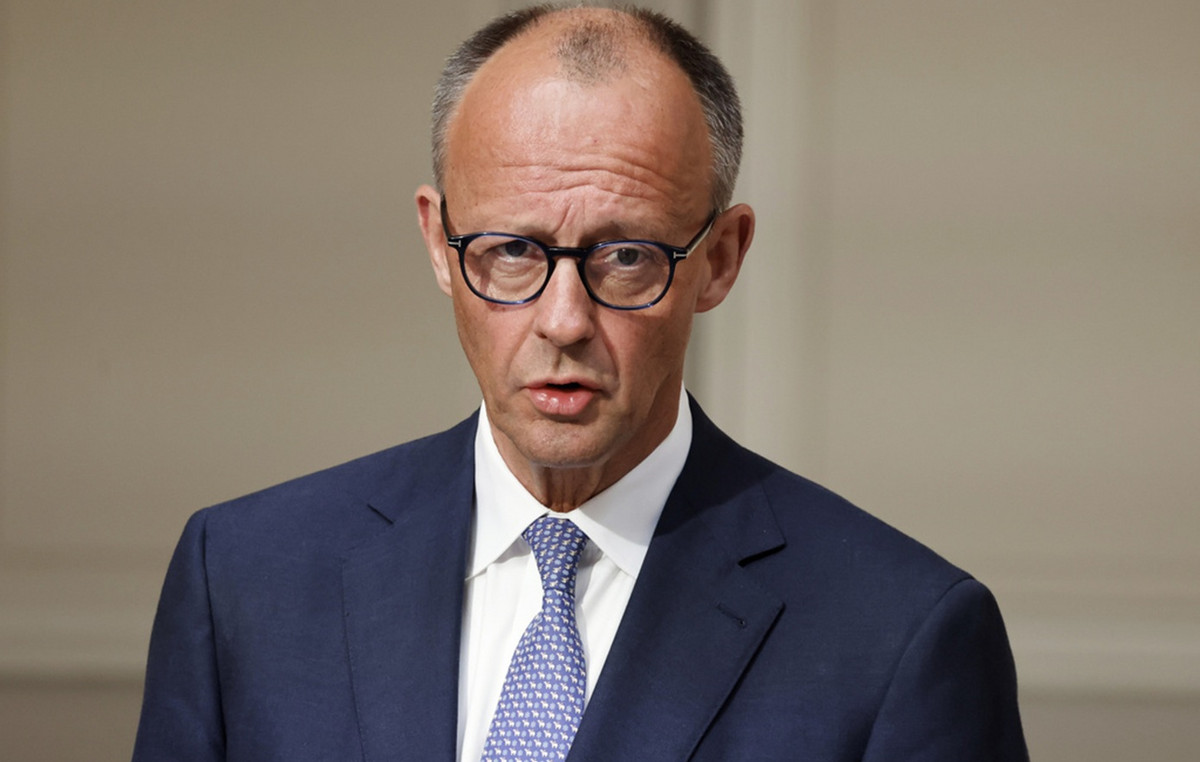The GDP (Gross Domestic Product) result for the third quarter of 2022 indicates a loss of pace in the Brazilian economy, which grew less than expected by market analysts. This scenario is linked, above all, to inflation and rising interest rates, which contribute to a slowdown in household consumption and undermine consumer confidence, according to economists consulted by the CNN Brazil Business
The Brazilian economy recorded growth of 0.4% in the third quarter of 2022 compared to the immediately previous period, reported the IBGE (Brazilian Institute of Geography and Statistics) this Thursday (1st). The result for the quarter is the fifth consecutive positive result after the 0.3% decrease from April to June last year.
Compared to the third quarter of 2021, the increase was 3.6%. The result was slightly below the median of market expectations, which pointed to an increase of 0.7% in the monthly comparison and 3.7%, in the annual comparison, according to a Reuters survey.
“One of the sectors that had a negative performance this quarter was commerce, as retailers are already starting to feel the high interest rate. The drop in demand also tends to slow down the labor market, which should reflect in the next GDP results”, says Inter’s chief economist, Rafaela Vitoria.
Trade was the only segment of services to register a negative rate in the third quarter, with a decrease of 0.1%. This scenario, already observed in the Monthly Survey of Commerce (PMC), by the IBGE, also reflects the reallocation of household consumption from goods to services, highlights the institute in a note.
Meanwhile, household consumption, which was at 2.6% in the second quarter, dropped to 1% from July to September, corroborating this thesis of loss of pace.
Despite losing strength, household consumption still reflects the effects of the reopening of the post-pandemic economy, another indicator that it should cool down in the coming months, highlights Gustavo Sung, chief economist at Suno.
“For the last quarter, the outlook is for a cooling of activity in the face of the effects of rising interest rates and a certain depletion of the benefits of reopening the economy”, he says in a note.
The economist points out that the main drivers for consumption in the period are: recovery of the job market, increase in real income, tax breaks on important consumption items and the recent drop in inflation. “These measures helped sustain demand in the third quarter of 2022.”
For the last quarter, Suno’s perspective is of a cooling of activity “in the face of the effects of rising interest rates and a certain depletion of the benefits of reopening the economy”.
For next year, the economist expects Brazil to grow by 0.7%, impacted by less robust growth in the main global economies in the face of rising interest rates, inflation and problems in the energy sector, added to a slowdown in China.
Regarding the projection for the coming months, the coordinator of National Accounts at the Brazilian Institute of Economics at Faculdade Getúlio Vargas (FGV Ibre), Claudio Considera, is in line with the economists consulted, which is a slowdown in the economy. “This will depend a lot on the economic policy of the next government. The market is keeping an eye on fiscal adjustments and how consumption will be in the Lula government”.
Construction and investments are a positive highlight
One of the activities of the industry, construction, advanced 1.1% in the third quarter. “This activity has already been growing for four quarters and continues to increase, including in occupancy”, said the IBGE in a note.
The good performance of the sector, points out Consider, is a reflection of the increase in private investment.
“After a repressed demand, there was an acceleration in residential construction. This generates more housing services, such as creating more jobs in the job market, directly and indirectly,” he explains.
Seen by economists as an indicator of productive investments in the economy, Gross Fixed Capital Formation (GFCF) rose 2.8% in the third quarter of 2022 compared to the previous quarter. In the annual comparison, the advance was 5%.
“This growth is largely due to this positive dynamism of the economy that we are seeing now due to commodities, the impact of segments that are buying, especially machinery and equipment and in the agricultural area, in the energy area that has also had positive impacts, the concessions that started to advance a little more”, says Sérgio Vale, chief economist at MB Associados and CNN analyst.
Gabriel de Barros, chief economist at Ryo Asset, explains that the investment result is also a reflection of the concessions made by the current government and investments also contracted in civil construction in the period when interest rates were very low.
“Looking ahead, given the real interest rate of around 8%, it is expected that there will be a loss of momentum in investments to some extent”, predicts Barros.
Source: CNN Brasil
A journalist with over 7 years of experience in the news industry, currently working at World Stock Market as an author for the Entertainment section and also contributing to the Economics or finance section on a part-time basis. Has a passion for Entertainment and fashion topics, and has put in a lot of research and effort to provide accurate information to readers.








